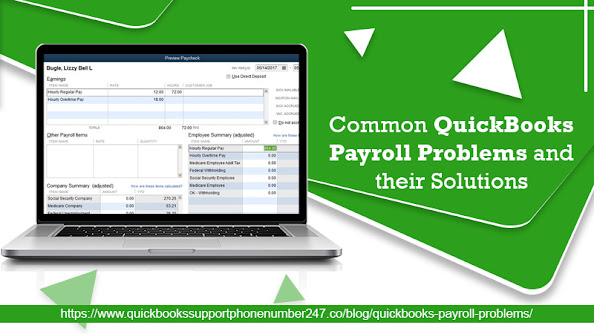Why Is A General Ledger In Quickbooks Important? Quick Guide
What Is A General Ledger In Quickbooks? How Does It Help Small Businesses?
What is a general ledger Quickbooks and its significance? What are the different categories of accounts in Quickbooks? If you don't know, relax! This guide will help you understand the QuickBooks General ledger utility in your business.
The general ledger in QuickBooks maintains account transactions and records them. However, its purpose is not limited in terms of its functions. To know more, let’s get started!
What Is the Concept of a General Ledger In Quickbooks?
The QuickBooks general ledger is a data book for users' debit and credit bank accounts. Therefore, it records and provides details of each statement of all transactions made through each account in QuickBooks.
Moreover, the general ledger in QuickBooks offers the facility of an accountant to businesses. Hence, it also manages your company’s financial data and keeps you updated with the results.
The three major sections of it are:
Payroll: keeps the track of each employee’s wages and also checks for the associated payroll.
Accounts Payable: keep a daily record of the company’s spending. Also records the bills due to pay.
Accounts Receivable: manage records of the company’s sales and revenue and also of unpaid bills from the clients.
What Are the Major Categories Of General Ledger In Quickbooks?
QuickBooks separated accounts into different parts to make it easier and more accessible to users. For example, with QuickBooks, you can use the Assets or Liabilities accounts from the general ledger.
Thus, here is a brief description of all the accounts explained below:
1. Accounts of assets: Assets are the resources that any company owns such as cash, debtors, accounts receivable (AR), inventory, land and structure, and machinery and plant.
2. Accounts of liabilities: Liabilities are the sum of all dues owed to persons or third parties. Such as creditors, exceptional expenses, accounts receivable and long-term credit.
3. Accounts of operating Income: It is the income generated by your primary business activities. Such as fees and sales.
4. Shareholders equity: After subtracting liabilities from Assets, the residual amount is the equality balance. This balance represents the financial stake of the company's investors. Such as Common Stalk, treasury, and retained earnings.
5. Accounts for operating expenses: Necessary expenses that a business must bear to run daily. Such as rent and salaries.
6. Accounts for non-operating/other income: It’s a one-time income or expense such as gain on asset sale, assets sold at a loss, interest charge, income from dividends, and interest earnings.
Benefits Of General Ledger In Quickbooks
There are several ways a QuickBooks general ledger can assist you in managing your accounts. Hence, it tracks your income and expenses, alerts you of dues and many more as listed below:
Tracks all your business activity such as income and expenses
Categories transactional data into various fields such as assets, liabilities, shares, etc.
Keeps records of your dues and payments to be received
Track your business financial expenditure
Maintains your book's regularity and organize them
Final thought:
Quickbooks is a cost-effective and practical accounting program for small businesses. As a result, a general ledger in QuickBooks assists users with their account transactions. In addition, act as their full-time accountant. However, before you begin using the ledger, be sure you understand it well. You can also contact us for professional assistance.

.jpg)


Comments
Post a Comment